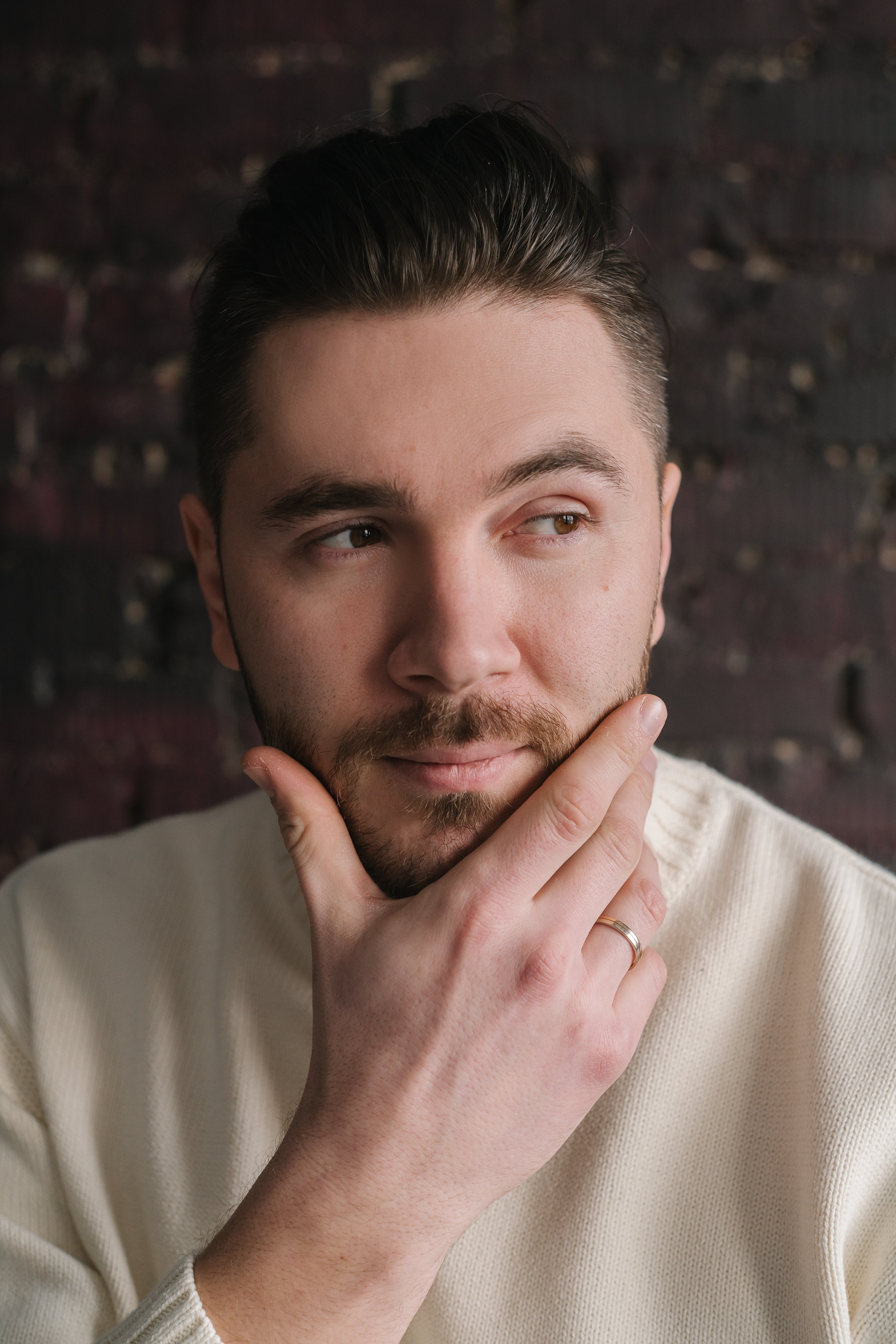
Headache from clenching jaw? Have it check today!
Jaw clenching, also known as bruxism, and its association with headaches is a common dental and medical concern. This guide aims to provide you with a comprehensive overview of jaw clenching, its connection to headaches, causes, symptoms, treatment options, and preventive measures.
-
Jaw clenching is the involuntary or habitual grinding, clenching, or gnashing of teeth. It commonly occurs during sleep but can also happen during waking hours.
-
Jaw clenching can lead to tension-type headaches and migraines due to the strain it places on the muscles of the jaw, face, and neck. This is often referred to as tension-type headache or temporomandibular joint (TMJ) headache.
-
Stress and Anxiety: Emotional stress and anxiety can trigger jaw clenching.
Malocclusion: Misaligned teeth or an improper bite can contribute to bruxism.
Sleep Disorders: Sleep apnea and other sleep disorders can be associated with jaw clenching.
Lifestyle Factors: Excessive alcohol consumption, smoking, and caffeine intake can contribute to bruxism.
-
Teeth Grinding: Audible grinding or clenching sounds during sleep.
Jaw Pain: Pain or discomfort in the jaw, face, or neck.
Headaches: Tension-type headaches or migraines, often upon waking.
Dental Issues: Worn, flattened, or chipped teeth, along with increased tooth sensitivity.
-
Mouthguards: Dental professionals can provide bite splints or nightguards to protect teeth and reduce clenching.
Stress Management: Practicing relaxation techniques such as meditation, deep breathing, and yoga can help reduce bruxism triggered by stress.
Behavioral Therapy: Cognitive behavioral therapy (CBT) can address the underlying causes of bruxism.
Dental Adjustments: In some cases, dental work to correct misaligned teeth can help alleviate bruxism.
-
Stress Reduction: Manage stress through regular exercise, relaxation techniques, and positive lifestyle choices.
Limit Stimulants: Reduce caffeine intake and avoid alcohol and tobacco before bedtime.
Good Sleep Habits: Establish a regular sleep schedule and create a sleep-conducive environment.
Jaw Exercises: Gentle jaw exercises and stretches can help relax the muscles and alleviate tension.
With our gentle dental service, that’s one less thing you can be anxious about.
Understanding the connection between jaw clenching and headaches is crucial for effectively managing both conditions. By recognizing the causes, symptoms, treatment options, and preventive measures related to jaw clenching, you can take proactive steps to improve your oral health and reduce the frequency and intensity of headaches. If you experience chronic jaw clenching, headaches, or any related symptoms, consult both a dental professional and a medical doctor for a comprehensive assessment and personalized guidance.

Treatment for Jaw Clenching and Headaches in Thornleigh - appointments available today
Where to find us:
We’re located on the ground level of the new apartment blocks near Thornleigh station. We are a short walk from Thornleigh station, and there’s plenty of free parking for those coming from Normanhurst, Pennant Hills, and Westleigh.
Our address is Unit 58, 266 Pennant Hills Rd, Thornleigh.
For public transport information click here.
Still Unsure?
Reach out to our friendly team, and we’d be happy to address any questions or concerns. We believe in giving our patients every opportunity to ask questions to help them make the best decisions on their health.
You can contact us on 0493 532 171, use our contact form or book an appointment online.
Discover the Pure Dental Experience.
